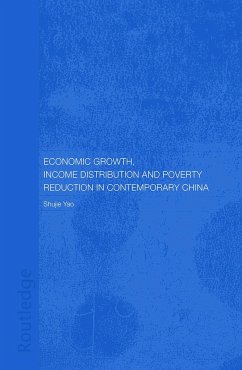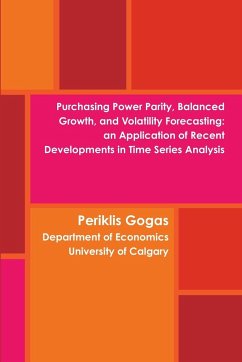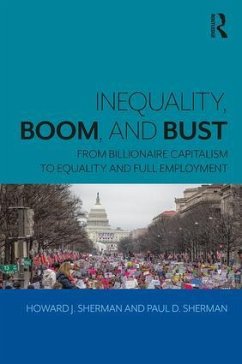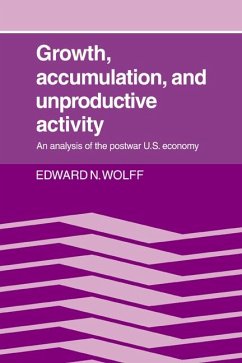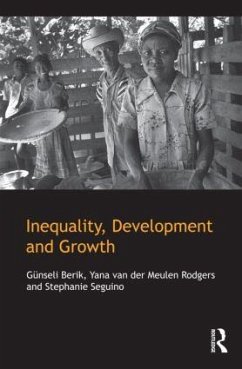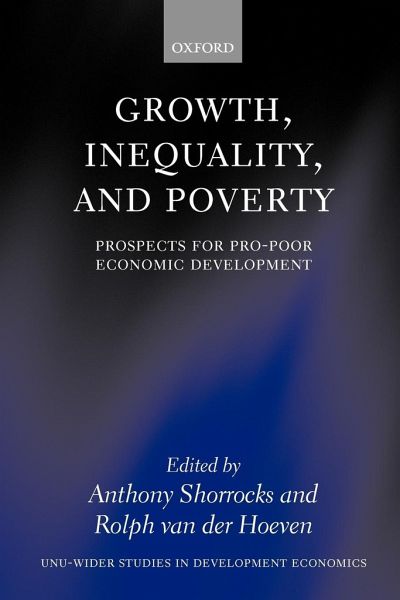
Growth, Inequality, and Poverty
Prospects for Pro-Poor Economic Development
Herausgeber: Shorrocks, Anthony; Hoeven, Rolph van der
Versandkostenfrei!
Versandfertig in 1-2 Wochen
69,99 €
inkl. MwSt.

PAYBACK Punkte
35 °P sammeln!
Initial conditions affect the speed with which growth reduces poverty and can also determine whether policies such as trade liberalization have a pro-poor or an anti-poor outcome. Improved education is valuable in itself, and also contributes to poverty reduction; but its effect on inequality depends on supply and demand factors, which differ significantly across countries. Likewise, the quantitative impact on poverty of redistribution from the rich to the poor vis-a-vis an increase in total national income can vary greatly across countries. Hence the need for creative approaches to poverty which take full account of the specific circumstances of individual nations and which assign a central role to inequality analysis in the discussion of poverty-alleviation policies.
The relationship between growth, inequality, and poverty lies at the heart of development economics. This volume draws together many of the most important recent contributions to the controversies surrounding this topic.





